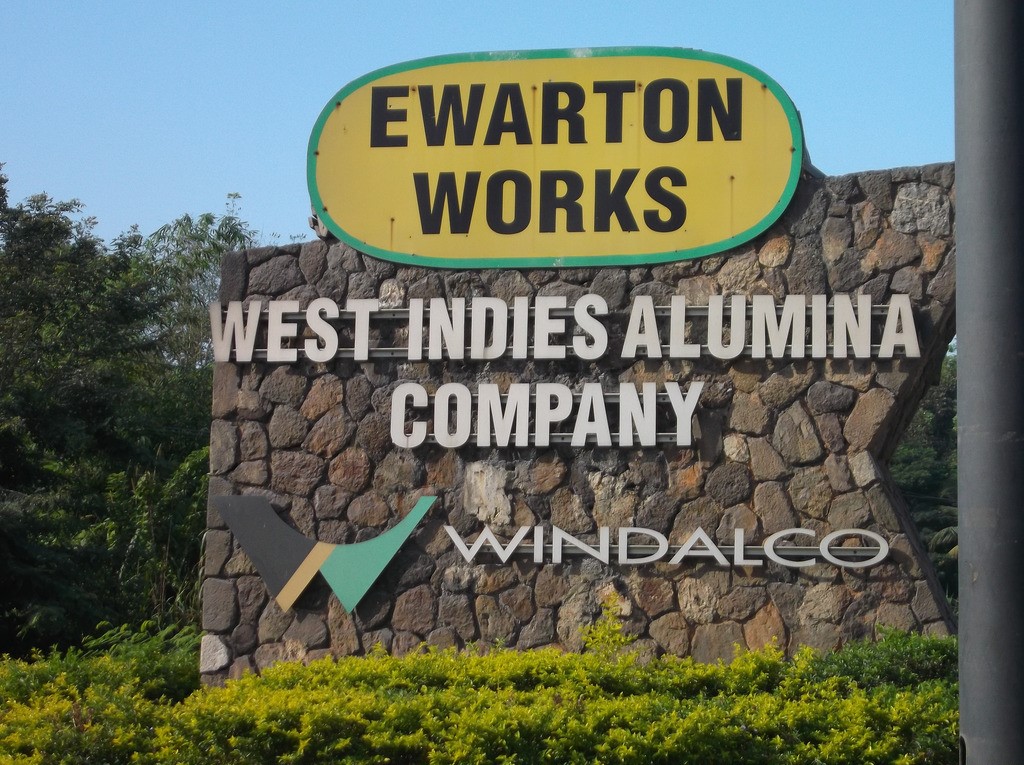

The International Monetary Fund (IMF) is indicating emerging fiscal risks for Jamaica, especially in the bauxite and energy sectors. The organization suggests careful handling of the risks as they might affect the undergoing economic programme in the country.

IMF’s latest review of Jamaica's standby arrangement with the fund for Windalco, whose owner, UC, Rusal is under sanction by the United States generated concern. WINDALCO is a joint bauxite/alumina venture between the UC Rusal and the Government of Jamaica. UC Rusal is the majority shareholder (93% stake) and the Government of Jamaica owns the remaining 7% share.The bauxite/alumina operation, which has plants in St Catherine and Manchester, was granted a temporary relief from the sanctions which ended on Monday, November 12. The Jamaican Government negotiated with US authorities in order to stop the closure of the local bauxite plant to save the jobs of some 1,200 workers at the company in Ewarton, St Catherine and manged to get a temporary relief.
Oleg Deripaska, the Russian founder of UC Rusal's parent company En+ Group, yielded to US pressure and stepped aside from the group a week back. The U.S. Treasury again extended the deadline for Rusal to continue doing business with its clients till Jan 7, 2019 from Dec. 12.
The temporary relief for Windalco provided some scope for international banks to finance the company. IMF is asking Jamaican Government "to seek durable private-sector solutions to the precarious financial position of the company and mitigate the risk that the Government would need to step in and provide financing to preserve the company's operations and jobs".
The IMF report also highlighted weak liquidity and solvency positions in the Clarendon Alumina Production (CAP) company, the co-owner of the Jamalco plant in Clarendon. However, IMF CAP's operational efficiency has improved after technical issues were addressed at the plant. The power upgrade to convert the fuel source to LNG is expected to begin in March 2019.
"Our authorities are also closely monitoring risks from the alumina industry, particularly regarding the Russian-owned Windalco," the IMF said.
The fund is otherwise concerned that Jamaica's shift from export free zones to the special economic zone (SEZ) regime could impact tax revenue adversely if the sector is not properly monitored. SEZ companies will pay corporate taxes of 12.5 per cent, which is half the rate paid by Jamaican companies. The SEZ regime is expected to be fully vested on January 1, 2019.
Responses








